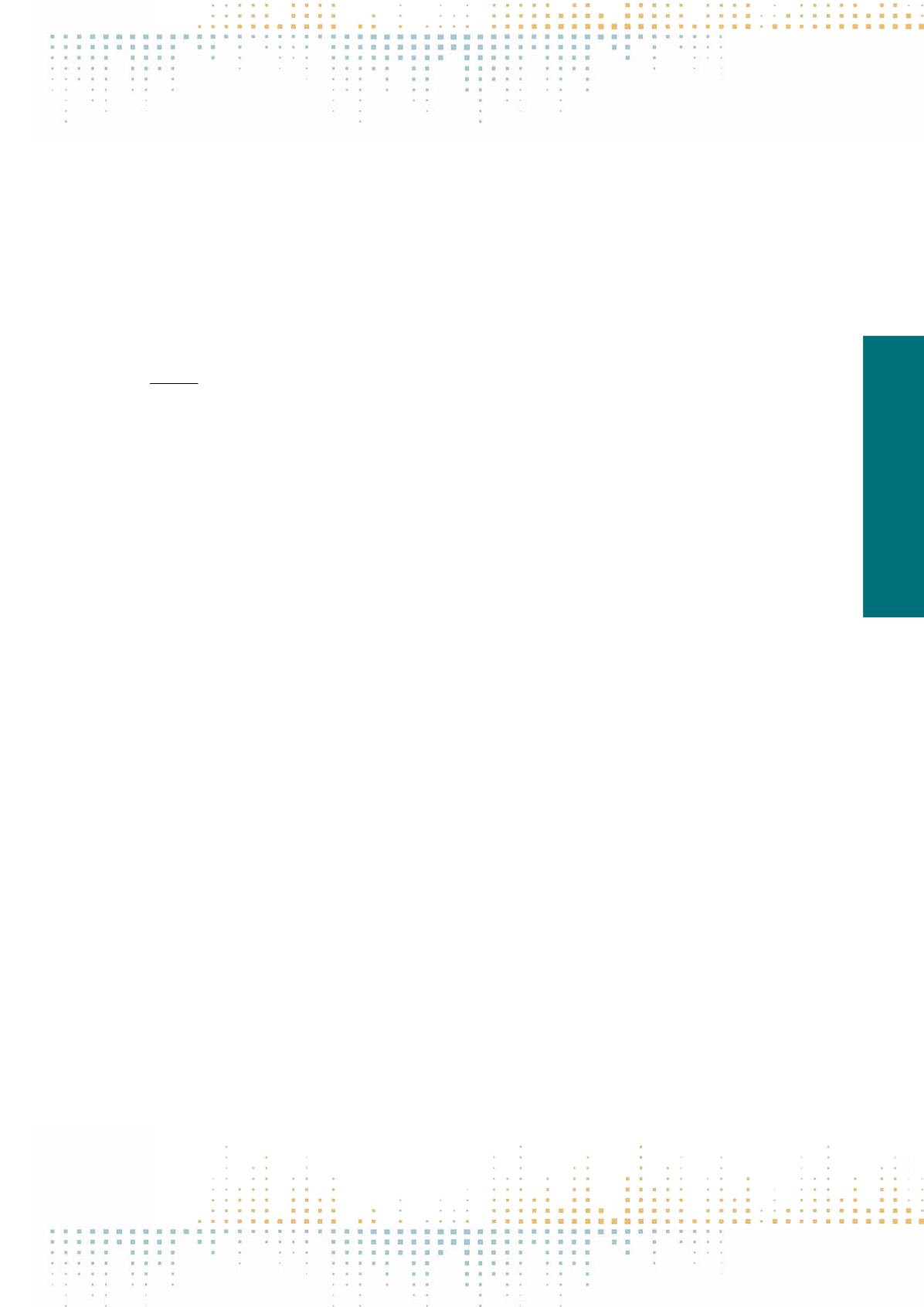

421
Saturday, November 12
1 6 : 0 0 – 1 7 : 3 0
newsroom ethnography carried out by a member of staff within the organisation, this paper proposes that gatekeeping is something that journalists still
engage in, but this does not adequately depict the extent of practices journalists now undertake in the digital world. This is something that academics
should also be concerned with. The research examines the BBC’s use of citizen journalism and user generated content throughout the Syria crisis and other
recent conflicts to further define journalistic practices. Findings suggests BBC staff have a crucial role to play in terms of ensuring accurate content goes to
air given the floods of information to which audiences are subjected. Results also suggests BBC journalists have retained some kind of ‘sentry role’in terms
of gatekeeping - even if it is only monitoring and dictating what content is included in their own reports and broadcasts. Journalists remain the gatekeepers
of their own news product, but also acknowledge that the audience are potentially active ‘produsers’ or gatewatchers (Bruns 2005, 2011) of media. This
echoes Coddington and Holton’s hypothesis that gatekeeping in the future could involve“recasting it as an interpretative role that uses verification, analysis
and content to regulate information, as gatekeeping’s main concern shifts from the quantity of information to its quality”(2013:5). Despite many challeng‑
es, this research proposes that gatekeeping roles will continue, but associated practices must be more responsive and flexible; much like the journalists
themselves carrying out their work with new, additional duties.
PP 674
Paying for Online News: A Comparative Analysis of Six Countries
R. Fletcher
1
, R.K. Nielsen
1
1
University of Oxford, Reuters Institute for the Study of Journalism, Oxford, United Kingdom
Private news media across the world are trying to develop pay models for news, as advertising revenues alone look insufficient to sustain existing forms
of professional journalistic news production (Herbert and Thurman 2007, Swatman et al 2006, Myllylathi 2014). Both popular and elite newspapers (like
Bild and the New York Times) and digital-online news sites (like DeCorrespondent and MediaPart) are experimenting with pay models, including hard or
metered paywalls, freemium models, memberships, and micropayments. Yet, with some variation country to country, only a minority of people are paying
for online news (Newman et al 2015), prompting analysts to question whether pay models will ever work in a media environment where many have
become accustomed to free news (e.g. Pickard andWilliams 2014). Our understanding of what drives pay behaviour and attitudes across different markets,
however, remains limited. Most previous studies, while valuable, have used surveys with a small number of respondents and do not explore whether find‑
ings are consistent across countries (e.g. Chyi 2005, Chyi 2012, Goyanes 2015, Kammer et al 2015). In this paper, we use data from the 2015 Reuters Institute
Digital News Report to analyse factors related to paying for online news and expressing a willingness to pay for news in the future. We conduct the analysis
across a strategic sample of six different high-income democracies with different media systems: United Kingdom, United States, Germany, Spain, France,
and Japan. We focus in particular on the possible role of people’s reference price for news (the price people consider reasonable to pay) (Kalyanaram and
Winer 1995, Mazumdar et al 2005, Samphanier et al 2007), and investigate three hypotheses: (1) that people who already pay for print newspapers are
more likely to pay for/express a willingness to pay for online news because they have a reference price above zero. (2) that people who rely on public service
media for online news are less likely to pay for/express a willingness to pay for online news because they have a reference price of zero, and (3) that younger
people are more likely to pay for/express a willingness to pay for online news because they are accustomed to a reference price of above zero for other forms
of digital content, such as music and video download/streaming services. Controlling for a number of demographic, socioeconomic, and news consumption
variables, we find that in all six countries (1) paying for (offline) newspapers is strongly and positively associated with paying for online news and expressing
a willingness to pay for online news, (2) that there is no significant negative association between using public service news and paying for online news and
expressing a willingness to pay for online news, (3) that younger age groups are consistently more likely to pay for online news and express a willingness to
pay for online news. Hypotheses 1 and 3 are thus supported, while hypothesis 2 is not. We conclude by noting some limitations of the analysis and discuss
the wider implications for digital journalism and its commercial underpinnings.



















